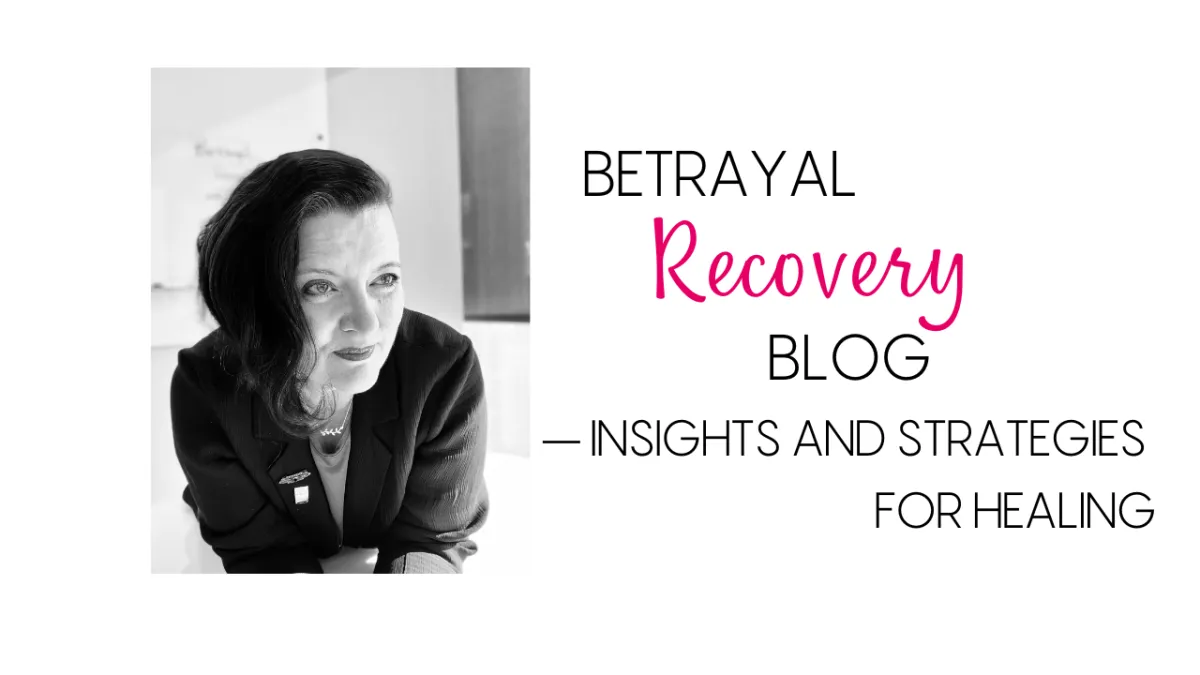How to Hide Facebook Memories (And Why It Can Help Your Healing Journey)
Vanessa Cardenas shares how to manage Facebook memories after a breakup—minimize triggers now, and later, look back with strength and resilience.

In-depth Articles on Healing, Communication, and Personal Growth.

Vanessa Cardenas shares how to manage Facebook memories after a breakup—minimize triggers now, and later, look back with strength and resilience.

Discover how relationship coaching with Vanessa Cardenas can help you heal after betrayal, rebuild trust, and reclaim your confidence.

Vanessa Cardenas, Betrayal Recovery Specialist, unpacks gaslighting and trickle truths in betrayal. Discover tools for healing, resilience, and seeking help.

Learn the difference between fixing and healing, and how to create space for emotional recovery. Gain insights on building resilience and finding strength.



© Copyright 2017-2025. Understanding Ear LLC. All rights reserved.